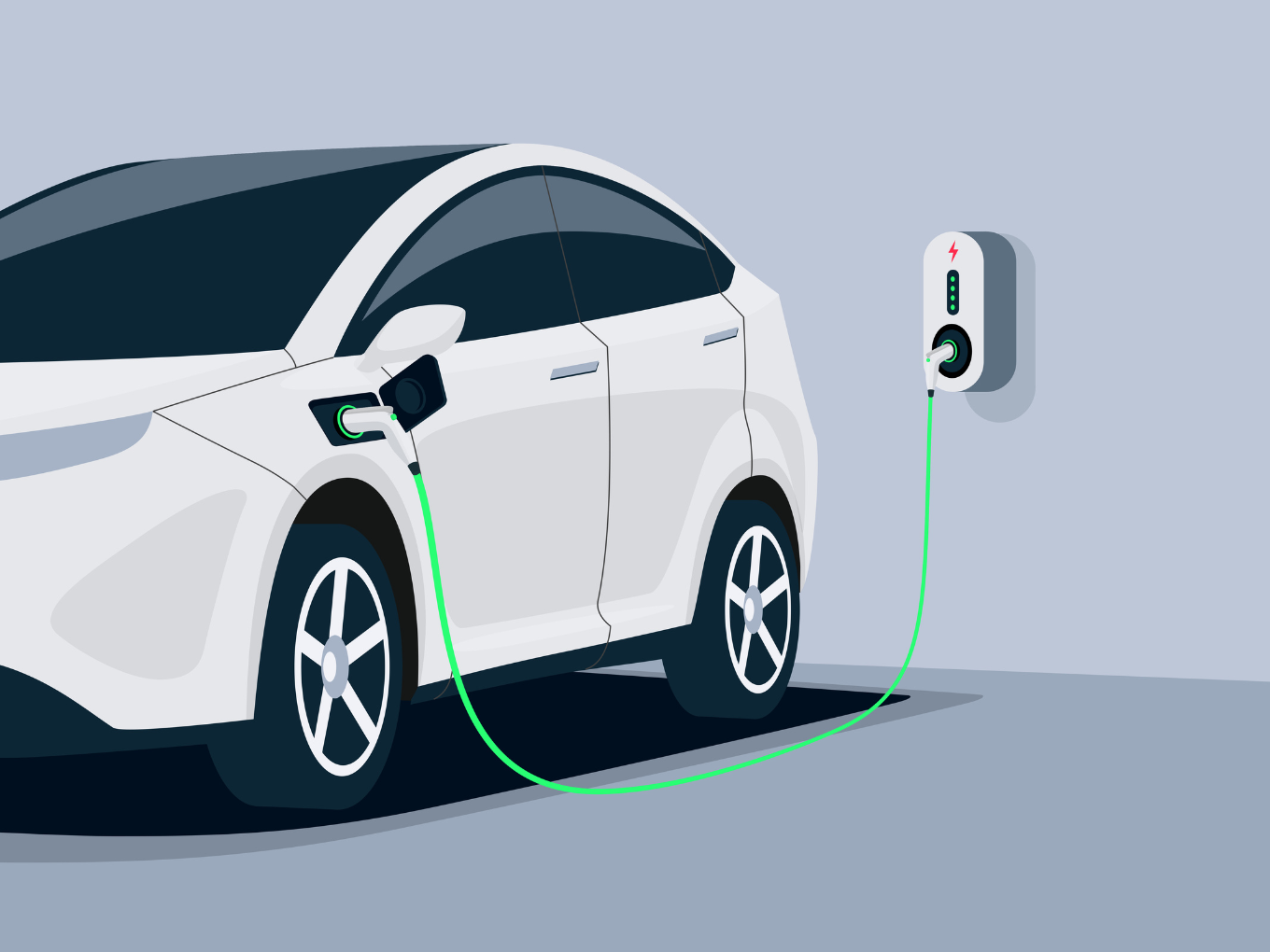The global automotive industry is shifting significantly towards electric vehicles (EVs) to combat climate change and reduce carbon emissions.
India, too, is steadily moving towards electrification. In 2022, as per Vahan, EV sales in India hit the mark of 10,23,735 units, and until March 2023, the number was already hitting an impressive milestone of 11,65,057 units. This substantial jump in the numbers indicates the readiness of consumers to embrace the EV alternative to high petrol and CNG charges.
Furthermore, with the government announcing an ambitious target of 30% electrification of the country’s vehicle fleet by 2030, the supply is more likely to tilt in favour of EVs.
However, while the growth is incredible, the EV market in India is still nascent, and the transition toward electric mobility presents unique challenges for the retail sector. One of the recent challenges is the reduction in the FAME II subsidy, which is now being talked about across the industry. It is just one among many other blockers for EV retailing which require immediate action.
Financing Challenges
One of the significant challenges in retailing is financing. EVs are still relatively expensive in India, and customers may not be willing to invest a considerable amount of money upfront. Moreover, unlike conventional vehicles, EVs require a significant upfront investment in the battery, the vehicle’s most expensive component.
To overcome financing challenges, EV retailers must work closely with banks and financial institutions to develop innovative financing solutions that address customer concerns. This could include offering attractive loan schemes with low-interest rates, long repayment periods, and a buy-back guarantee.
Service Unavailability
Another significant challenge in EV retailing is the unavailability of service centres. EVs require specialised equipment and trained personnel for servicing and repairs. However, India currently needs more such service centres, making it difficult for customers to get their vehicles serviced and repaired.
To overcome this challenge, EV retailers must invest in setting up service centres and training personnel in EV technology. They could also partner with existing service centres to provide training and certification programs to their mechanics.
Limited Competency
The industry is upcoming and always innovating which mandates the need to include more expertise in EV technology. In addition, many customers may need to be more familiar with the features and benefits of EVs, which can lead to confusion and a lack of confidence in the product.
To overcome this challenge, EV retailers must invest in educating customers about EV technology and the benefits of electric mobility. This could include organising workshops, roadshows, and test drives to educate customers about the product.
Community Awareness About The Product
Mechanics are the backbone of the automotive service industry, but there needs to be more awareness among mechanics about EV technology. In addition, many mechanics may need to be equipped to handle EV repairs, which can lead to delays and a lack of trust among customers.
To overcome this challenge, EV retailers must invest in training and certifying mechanics in EV technology. This could include collaborating with technical schools and institutes to provide training and certification programs for mechanics.
Range Anxiety
Range anxiety is one of the most significant concerns among potential EV customers. Moreover, customers may need to be reassured about the vehicle’s range and charging infrastructure availability, especially in rural areas.
To overcome this challenge, EV retailers must invest in a robust charging infrastructure network. This could include setting up charging stations at strategic locations, including highways, public parking lots, and commercial centres. Retailers could also offer customers home charging solutions to address range anxiety.
Unfamiliarity
The traditional Indian mindset when it comes to purchasing vehicles is still prevalent, and many customers may need to be more familiar with the features and benefits of electric mobility. In addition, customers may also be sceptical about the reliability and durability of EVs.
To overcome this challenge, EV retailers must educate customers about electric mobility’s benefits. This could include organising workshops, roadshows, and test drives to familiarise customers with the product.
Safety Concerns
Safety is a critical concern for customers, and EVs present unique safety challenges due to their high-voltage batteries. Customers may also be concerned about the safety of charging infrastructure and the risk of fires.
To overcome this challenge, EV retailers must invest in ensuring the safety of their products and charging infrastructure. This could include implementing strict safety protocols and standards for EVs and charging stations. Retailers could also provide customers with safety training and information on handling EVs safely.
Life Of The Product
The market’s novelty also comes with limited product life information. Customers may be hesitant to invest in an EV due to concerns about the durability and longevity of the vehicle.
To overcome this challenge, EV retailers must invest in providing customers with information on the product’s life. This could include providing warranties and guarantees on the battery and other components of the vehicle. Retailers could also conduct research and studies on the durability and longevity of EVs to provide customers with accurate information.
Push Marketing
EV retailers must adopt effective marketing strategies to promote their products and services. Traditional marketing methods may need to be more effective in promoting EVs due to the unique challenges of electric mobility.
To overcome this challenge, EV retailers must adopt push marketing strategies that educate customers about electric mobility’s benefits. This could include social media campaigns, influencer marketing, and content marketing, providing customers with accurate and relevant EV information.
EV retailing presents unique challenges in India. However, by investing in innovative solutions and adopting best practices, EV retailers can overcome these challenges and drive the growth of electric mobility in India. In addition, EV retailers can help accelerate the transition toward a cleaner and more sustainable future by providing customers with education, safety, and reliable products and services.
The post title=”Driving Electric Mobility: How EV Startups Can Tackle Competency & Awareness Hurdles” href=”https://inc42.com/resources/driving-electric-mobility-how-ev-startups-can-tackle-competency-awareness-hurdles/”>Driving Electric Mobility: How EV Startups Can Tackle Competency & Awareness Hurdles appeared first on Inc42 Media.



![[CITYPNG.COM]White Google Play PlayStore Logo – 1500×1500](https://startupnews.fyi/wp-content/uploads/2025/08/CITYPNG.COMWhite-Google-Play-PlayStore-Logo-1500x1500-1-630x630.png)